Posted on 2/28/2025
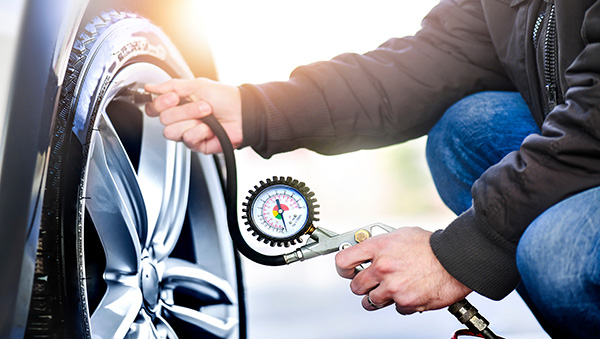
Tires losing air over time is a frustrating and sometimes confusing issue for drivers. While a puncture is the most common reason for air loss, slow deflation can still occur even when there’s no visible damage. If you find yourself constantly refilling your tires without an obvious cause, something else may be at play. Understanding what causes slow tire deflation and knowing how to prevent it can help you avoid unnecessary wear, improve fuel efficiency, and keep your car safe on the road. Temperature Changes and Air Pressure Loss One of the most overlooked reasons for slow air loss in tires is temperature fluctuation. As the temperature drops, so does the air pressure inside the tire. Cold weather causes the air molecules inside the tire to contract, reducing pressure. This is why many drivers notice their tire pressure warning light coming on during colder months. Conversely, when temperatures rise, air expands, which can temporarily restore som ... read more
Posted on 1/31/2025
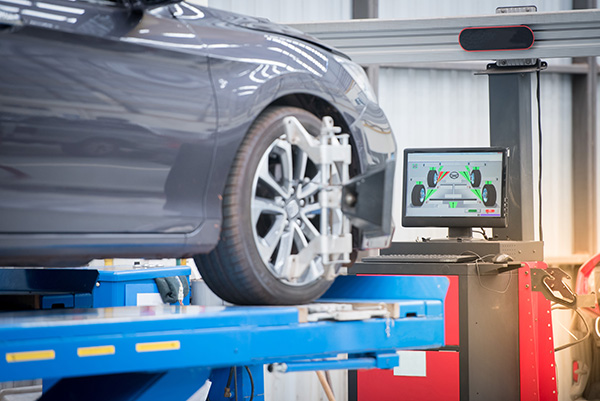
Wheel alignment might not be the first thing on your mind when you think about car maintenance, but ignoring it can lead to a host of problems. A properly aligned vehicle isn’t just about comfort—it’s about safety, efficiency, and protecting your wallet from costly repairs. So, what happens when wheel alignment issues are left unchecked? Let’s unpack why this seemingly minor issue should never be overlooked. Increased Tire Wear One of the most noticeable effects of poor wheel alignment is uneven tire wear. When your wheels aren’t aligned correctly, certain parts of the tires bear more weight and friction than others. Over time, this uneven wear can lead to bald spots, reducing the lifespan of your tires significantly. Tires aren’t cheap. If you’re replacing them more often than necessary, you’re essentia ... read more
Posted on 12/20/2024
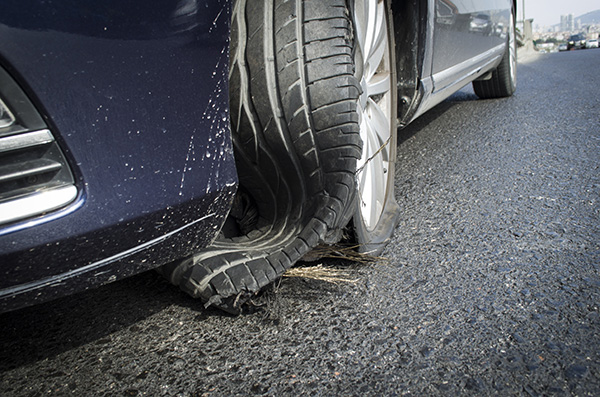
Flat tires are one of those inevitable inconveniences every driver faces at some point. But once you’ve gotten past the initial frustration of being stranded, the big question looms: Can this tire be fixed, or does it need to be replaced entirely? Assessing the Damage The first step in determining whether a flat tire can be repaired is to evaluate the type and extent of the damage. Not all punctures are the same; some can be fixed, while others require a full replacement. For example, small punctures caused by nails or screws that fall within the tread area are usually repairable. On the other hand, sidewall damage or large gashes compromise the structural integrity of the tire and can’t be safely repaired. The sidewall flexes significantly while driving, making any patch in this area prone to failure. It’s always a good idea to err on the side of caution if you’re unsure about the extent of the damage. When I ... read more
Posted on 11/29/2024
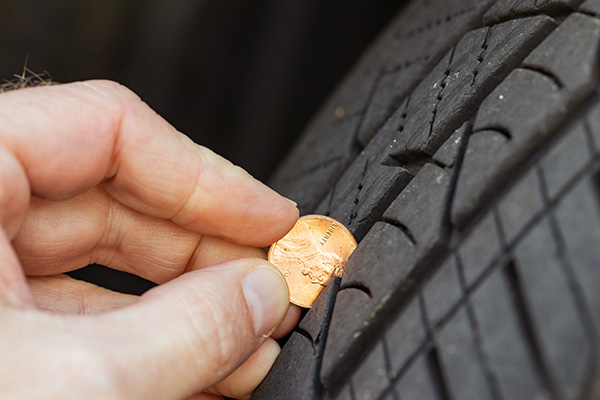
Tire tread depth plays a crucial role in keeping you safe on the road. Tire tread, the part of the tire that makes contact with the surface, has a big job. It provides traction, grips on wet or slippery surfaces, and channels water away from the tire to prevent hydroplaning. Over time, though, this tread wears down, which can greatly affect your vehicle’s performance and your safety. So, why does tread depth matter so much, and how can worn tires impact your driving experience? What Is Tire Tread Depth and How Does It Affect Traction Tire tread depth is simply the measurement of how much tread remains on your tires. This depth determines how well your tires can grip the road. When your tires are new, they come with a full tread pattern designed to provide optimal traction on various surfaces, but as you drive, the tread wears down. Worn tread can struggle to grip su ... read more
Posted on 10/31/2024
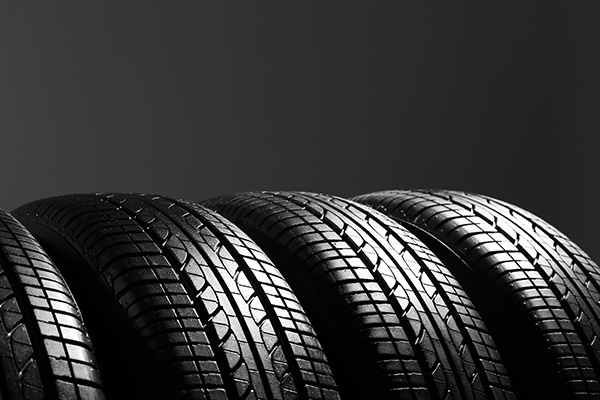
Your tires are the only part of your car that touches the road, so it’s important to ensure they’re in good condition. But how do you know when it’s time to replace them? Worn-out tires can compromise your safety, affect fuel efficiency, and reduce overall driving performance. Whether you're a daily commuter or someone who only drives occasionally, understanding the signs that indicate tire replacement is necessary for keeping your vehicle safe and roadworthy. 1. Tread Wear The tread on your tires is designed to grip the road and provide traction, especially in wet or icy conditions. Over time, that tread wears down, reducing your tire’s ability to perform its job effectively. The experts recommend replacing tires once the tread depth reaches 1.6 millimeters. You can check your tread depth using a tread depth gauge, which gives a precise reading of how much tread is left. It's important to regularly monitor your tires, esp ... read more